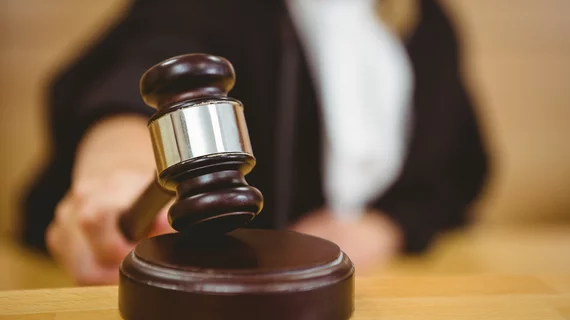Cardiologist pays nearly $1M to resolve allegations of ‘elaborate and extensive’ kickback scheme
A cardiologist out of Owensboro, Kentucky, has paid $931,500 to resolve allegations that he referred patients for “medically unnecessary and unreasonable” genetic tests in exchange for kickbacks from a laboratory.
In 2020, the U.S. Attorney’s Office filed a complaint alleging that Kishor Vora, MD, the owner of Owensboro Heart & Vascular and Owensboro Medical Practice, submitted more than $3 million in false Medicare claims for a total of 1,206 patients from May 2012 to March 2013. The complaint described Vora’s actions as an “elaborate and extensive scheme to maximize profits at the expense of both patients and Medicare.”
Vora did push back against these allegations. In fact, in April 2021, his attorney called for the lawsuit to be dismissed due to a lack of evidence. This latest update, however, confirms that those arguments did not influence the judge’s final decision.
“Our office will continue to investigate and hold accountable medical professionals who undermine our healthcare system and programs by accepting illegal kickbacks,” Michael A. Bennett, U.S. attorney for the Western District of Kentucky, said in a prepared statement on the Department of Justice (DOJ) website.
“Providers who aid in the submission of false claims to Medicare undermine the integrity of federal healthcare programs,” added Tamala E. Miles, special agent in charge with the U.S. Department of Health and Human Services, Office of the Inspector General (HHS-OIG). “HHS-OIG is proud to work alongside our law enforcement partners to ensure that all healthcare providers who misuse their medical professional status for financial gain are held accountable.”
A previous DOJ statement on these allegations can be read here.
“I know from personal experience that Owensboro is served by a community of dedicated and talented medical practitioners whose sole focus is that of their patients’ care and well-being,” U.S. Attorney Russell Coleman said at the time. “What will not be tolerated by the United States Attorney’s Office, however, is when that motivation shifts to a physician’s misuse of patients as a tool for financial gain in violation of federal law.”

